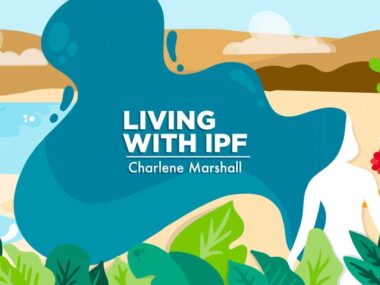Phase 2 Study of NP-120 for Hard-to-treat Cough Hits Full Enrollment
Written by |

Algernon Pharmaceuticals hit the full enrollment of 20 patients with idiopathic pulmonary fibrosis (IPF) in its Phase 2 study of NP-120 (ifenprodil) for persistent, hard-to-treat cough, a common symptom of the disease.
Early interim data from the study (NCT04318704), underway in Australia and New Zealand, showed that those given treatments with the investigational oral medication for up to three months (12 weeks) tended to cough less than before.
The company now expects to have more data in the second quarter of this year.
“We are very pleased to announce this update to the market on our IPF and chronic cough study and we look forward to having it completed and presenting the data,” Christopher J. Moreau, CEO of Algernon, said in a press release.
NP-120 works by blocking GluN2B, a subunit of a type of receptor protein called the N-methyl-D-aspartate (NMDA) receptor, to which the neurotransmitter glutamate normally binds. GluN2B is found in lung cells and certain types of immune cells, such as T-cells and neutrophils. By blocking this receptor protein, NP-120 is expected to interfere with glutamate signaling, which is known to play a role in both coughing and fibrosis (scarring).
The goal of the proof-of-concept, open-label study is to see how well NP-120 works to treat IPF and its associated cough when taken by mouth at a dose of 20 mg, three times a day, for about three months (12 weeks).
The study includes children and adults up to 85 years who have dry, hacking cough as a symptom of the disease. Participants need to have received a diagnosis of IPF in the previous seven years.
One of the primary goals is to assess the proportion of patients experiencing a reduction of 50% or more in the average number of coughs per hour over one day (24 hours) at week 12 compared with the start of the study. To record cough frequency, patients are asked to wear a special monitor that measures coughing throughout the day.
The other main goal is to assess the proportion of patients experiencing no worsening in forced vital capacity (FVC), a lung function measure, over the course of the study. Researchers also will look at fibrosis biomarkers to understand how well NP-120 may prevent lung scarring.
Prior work done in animal models showed that NP-120 can reduce fibrosis, as well as lessen and delay coughing.







